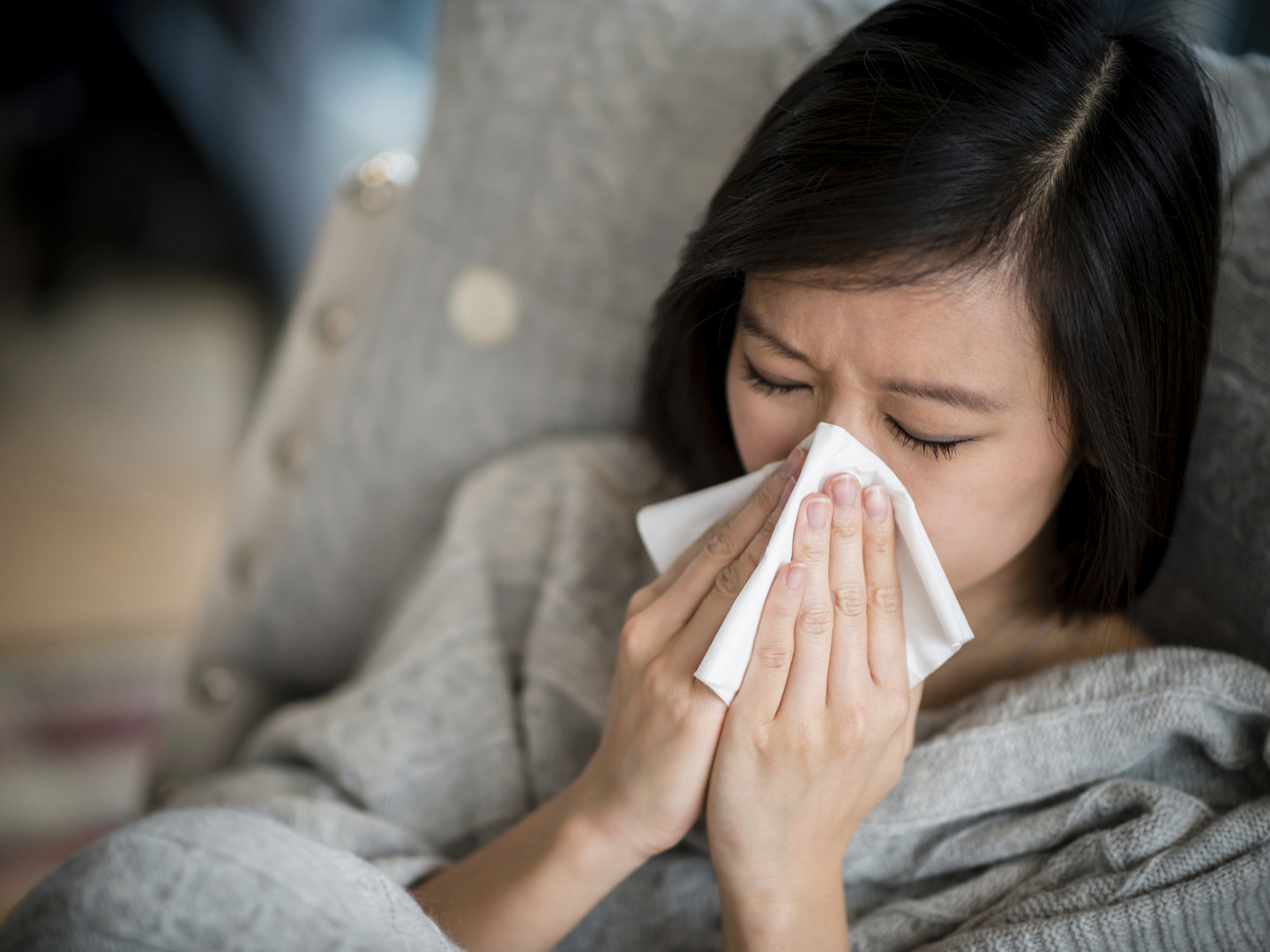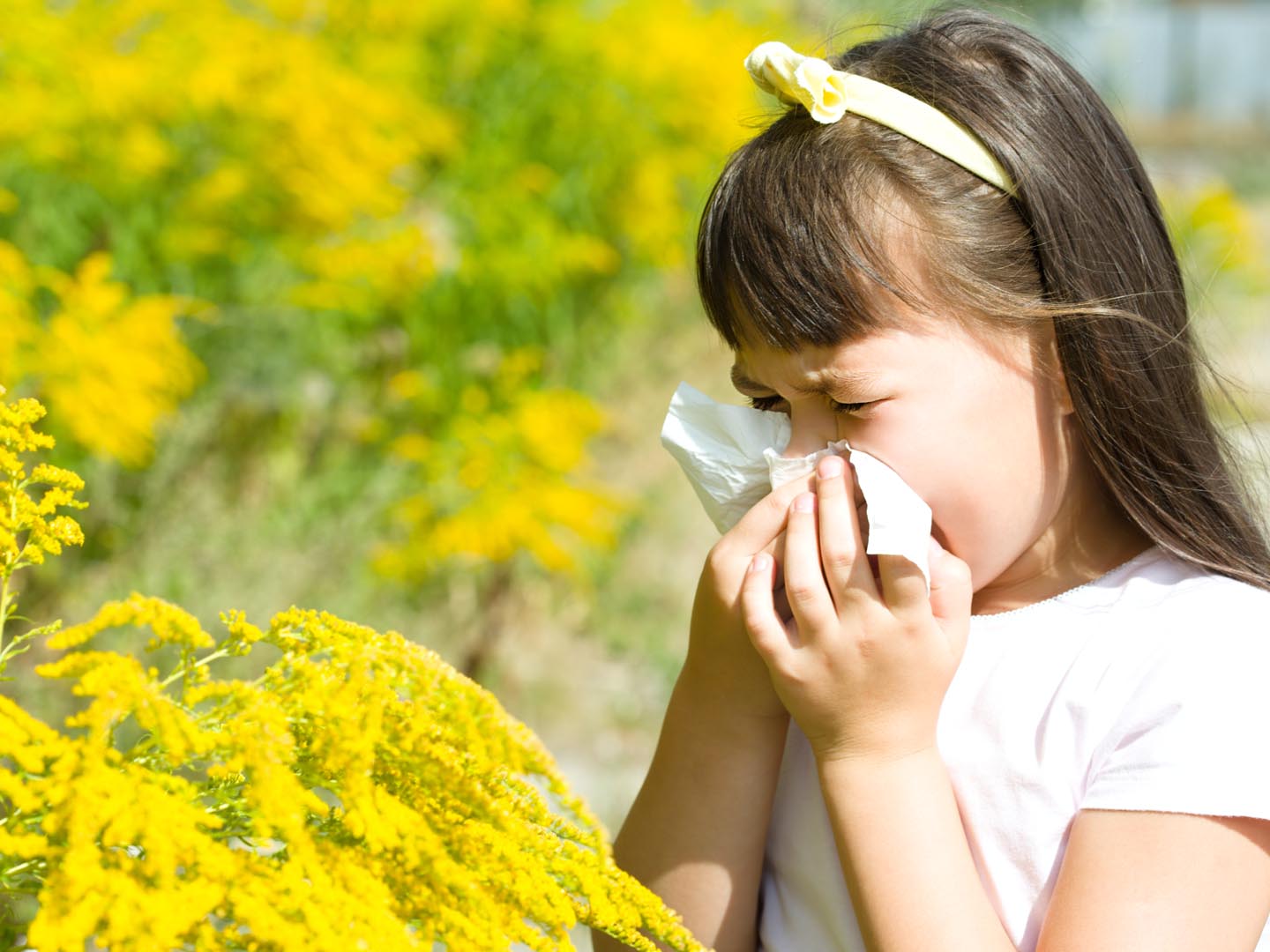Pneumonia

What is pneumonia?
Pneumonia is an infection of the tiny air sacs of the lungs. There are many different types of pneumonia, which can range from mild to severe. Depending on its cause, pneumonia can be fatal, and it remains a common cause of death worldwide.
What are the symptoms of pneumonia?
The symptoms depend on the particular type of pneumonia. Some kinds of pneumonia don’t cause symptoms at all. In general, symptoms tend to mimic those of a cold or the flu and can include:
- Cough, often accompanied by green, yellow, or sometimes bloody (rust colored) phlegm
- Fever and chills
- Sharp chest pain that gets worse with deep breathing or coughing
- Shortness of breath
- Headache
- Excessive fatigue
- Loss of appetite
- Confusion (especially in the elderly)
What causes pneumonia?
Pneumonia occurs when bacteria, a virus, or other organisms are inhaled into one or both lungs. Infection can also occur following an infection in the bloodstream, or after trauma or surgery in or near the lungs. When the immune system tries to fight these organisms, the lungs’ air sacs become inflamed and filled with fluid. Pneumonia has several different causes, such as:
- Bacteria
- Mycoplasma (a type of bacteria that lacks cellular walls, and is unaffected by many common antibiotics)
- Viruses
- Fungi
- Secondary infections in people with AIDS
- Aspiration of liquid or other substances into the lungs
Who is likely to develop pneumonia?
Pneumonia can occur in people of all ages, but it is most common in young children and people older than age 65. The following factors can increase the risk of developing pneumonia:
- Chronic illnesses such as cardiovascular disease and diabetes
- Lowered immunity, caused by HIV/AIDS, chemotherapy, or certain drugs
- Being bedridden, unconscious for long periods, or paralyzed.
- Cigarette smoking
- Alcohol abuse
- Use of a breathing tube or ventilator while hospitalized
- Exposure to certain pollutants or agricultural chemicals
- Trouble swallowing (such as after a stroke), which can cause the person to aspirate food, liquid, or saliva into the lungs
How is pneumonia diagnosed?
Physicians may suspect pneumonia if they hear crackling and wheezing sounds when listening to a patient’s lungs with a stethoscope. A chest x-ray can usually confirm the presence of fluid in the lungs that indicates pneumonia. Sometimes, the physician may order additional tests, including blood tests and cultures of lung fluid or sputum.
What is the conventional pneumonia treatment?
Conventional treatment for pneumonia depends on the causative agent and the condition of the patient. For bacterial pneumonia, the physician will likely prescribe antibiotics. These medications won’t help for viral pneumonia which typically calls for treatment similar to that for the flu – plenty of rest and fluids – although antiviral medications can sometimes help. Bacterial infections often follow these viral infections, however, so antibiotics may be given to prevent the pneumonia from progressing. Over-the-counter drugs can help ease pain and relieve fever. Severe pneumonia requires treatment with intravenous medications such as antibiotics, and with supplemental oxygen. Occasionally patient will need to be placed on a mechanical ventilator to maintain lung function while the infection is cleared. Physicians may recommend the pneumococcal vaccine to help prevent pneumonia in people at high risk for it.
What therapies does Dr. Weil recommend for pneumonia?
If you are diagnosed with pneumonia, keep in mind that aggressive, conventional treatment may be required. The condition can progress quickly, and be life-threatening: pneumonia is major cause of death worldwide and the 6th leading cause of death in the U.S.
If you do end up taking antibiotics for pneumonia or any other bacterial infection, make sure to support gastrointestinal health by taking probiotics at the same time.
The best way to lower the risk of contracting an infection that can lead to pneumonia is to not smoke. Adopting lifestyle habits that promote and maintain general health, including a robust immune system, through an anti-inflammatory diet, regular exercise and practicing stress reduction is also effective for prevention.
Dr. Weil also recommends that people over 65 years old get a vaccine against pneumococcal bacteria. These organisms can cause pneumonia when they enter the lungs, as well as systemic blood infections (called bacteremia), and meningitis. The pneumococcal vaccine protects against the most common pneumonococcal bacteria that cause ear and throat infections. Although it is sometimes termed the “pneumonia vaccine,” it does not protect against pneumonia caused by other germs, including viruses, other types of bacteria, and fungi.
Pneumonococcal pneumonia is more serious than viral pneumonia and is a common cause of hospitalization and death in older people. According to the National Institute on Aging about 20 to 30 percent of people over 65 who have pneumonococcal pneumonia develop bacteremia and about 20 percent of those patients die despite treatment with antibiotics. He also recommends it for anyone with chronic illness such as heart disease, emphysema and asthma or diabetes and for anyone with a weakened immune system. Fortunately, most people need to get only one shot. There is some medical thought that it is best to get the vaccine before age 65 (anytime after age 50) since the positive reaction from your immune system may be better if you get the vaccine when you’re younger.
If you get the vaccination, you might experience some minor side effects – typically, swelling and soreness at the injection site. Less than one percent of those who get the shot develop fever and muscle pain or unusual swelling and pain at the site of the injection.









